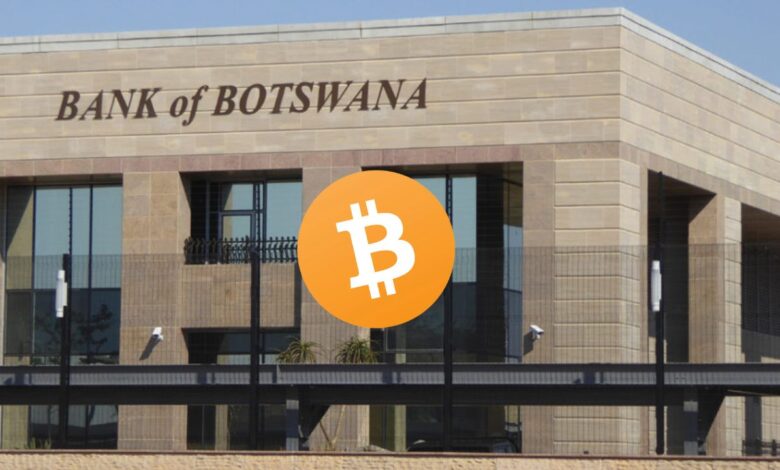Botswana’s virtual asset sector, as detailed in the report, remains in its infancy, relatively unsophisticated and therefore limited in its potential impact on the broader financial ecosystem. However, as advancements in financial technology proliferate, the bank recognizes that existing risks may escalate. The central bank’s proactive approach suggests a commitment to not only monitoring these developments but also to fostering an environment of security and stability.
Of particular concern to the Bank of Botswana is the use of digital payment instruments in illicit activities such as money laundering and terrorist financing. The bank identified this as one of the top national security risks stemming from the financial sector. The anonymity often associated with digital transactions poses significant challenges for regulators tasked with maintaining financial integrity. As the central bank noted, “The evolution of digital platforms and digital payment instruments that promote anonymity of transactions present an opportunity for money laundering in the financial sector.”
To confront these challenges, the central bank has urged regulators to enforce compliance among virtual asset service providers—like cryptocurrency exchanges—with regulations aimed at preventing money laundering (AML) and countering the financing of terrorism (CFT). Enhanced market surveillance and robust collaboration with law enforcement agencies are also critical components of the recommended strategy to combat illegal activities.
This approach reflects a growing understanding of the need for balance between innovation and regulation. By emphasizing the development of oversight frameworks, the Bank of Botswana aims to create a foundation that supports financial innovation while ensuring that the risks associated with it are managed effectively.
Source: Cointelegraph
